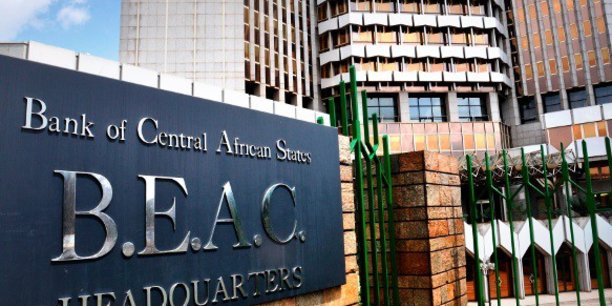Central African Central Bank Wants to Regulate Fintech, Initiates Forum
In a significant move towards fostering financial technology (fintech) innovation and regulation, the Central African Central Bank (Banque des États de l’Afrique centrale or Beac) inaugurated the first-ever fintech forum in Douala on January 29, 2024. The forum aims to regulate fintech activities within the Economic and Monetary Community of Central Africa (CEMAC), encompassing Cameroon, Congo, Gabon, Chad, Central African Republic (RCA), and Equatorial Guinea.
Jean-Clary Otoumou, the Director-General of Operations at Beac, emphasized the need for collaboration between Beac, the Financial Markets Commission (Cosumaf), the Banking Commission (Cobac), and fintech companies. Otoumou stated, “We do not know each other well. However, we all play crucial roles in payments within the region for our populations, and our ambition is to regulate.”
Highlighting the urgency of regulating digital financial services, Otoumou underscored the industry’s rapid growth and the security risks associated with transactions in the sub-region.
To address these concerns, the central bank has developed a regional financial inclusion strategy set to be implemented this year. The strategy focuses on providing access to reliable and secure data for all stakeholders in the financial inclusion sector, promoting and facilitating innovation, and ensuring interoperability.
According to Beac’s 2022 report on payment services in the CEMAC region, over 96% of transactions (2.3 billion operations) were conducted through Mobile Money, with only 2% (48.3 million operations) utilizing traditional bank transfers and cards. The report also indicated that instant electronic currency transfers were used in 21% of transactions, totaling 23,332 billion CFA francs.
Given the substantial transaction volumes, the necessity of regulation becomes evident. However, César Zinga, founder of Mapossa, a fintech specializing in automated personal finance, expressed concerns about the practical implementation of the regulation. Zinga suggested the need for a regulatory body specifically overseeing payment institutions.
Until January 31, the central bank and fintech promoters aim to collaborate and expedite financial inclusion efforts, currently estimated at 32% in the sub-region. Jean-Clary Otoumou stated, “Our strategic objective is for 75% of the 60 million inhabitants of the CEMAC to have a bank account and an electronic instrument by 2030.” The dialogue between regulatory authorities and fintech innovators is crucial for shaping a robust and effective regulatory framework in the evolving digital financial landscape of Central Africa.

Charles Rapulu Udoh is a Lagos-based lawyer, who has several years of experience working in Africa’s burgeoning tech startup industry. He has closed multi-million dollar deals bordering on venture capital, private equity, intellectual property (trademark, patent or design, etc.), mergers and acquisitions, in countries such as in the Delaware, New York, UK, Singapore, British Virgin Islands, South Africa, Nigeria etc. He’s also a corporate governance and cross-border data privacy and tax expert. As an award-winning writer and researcher, he is passionate about telling the African startup story, and is one of the continent’s pioneers in this regard.















